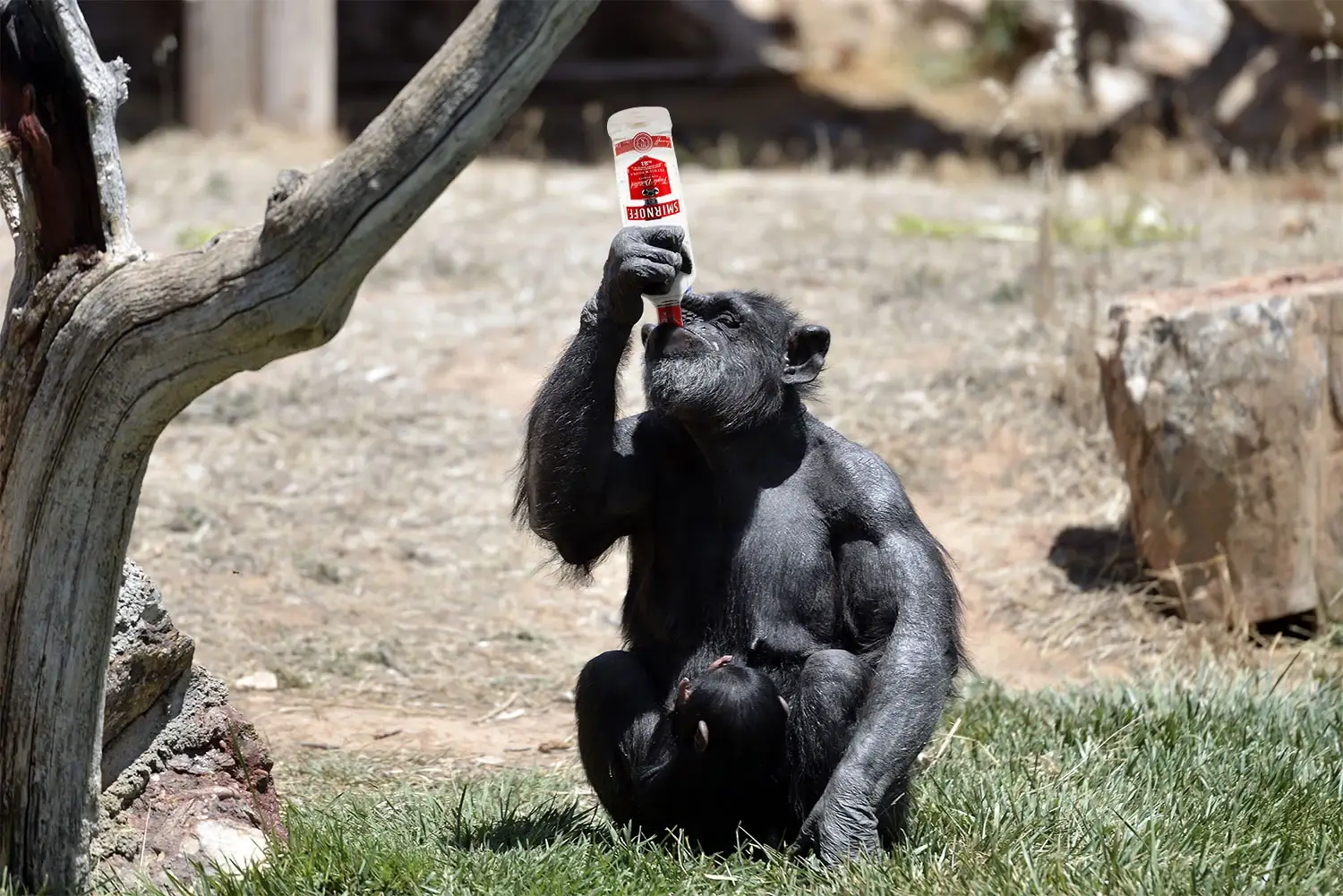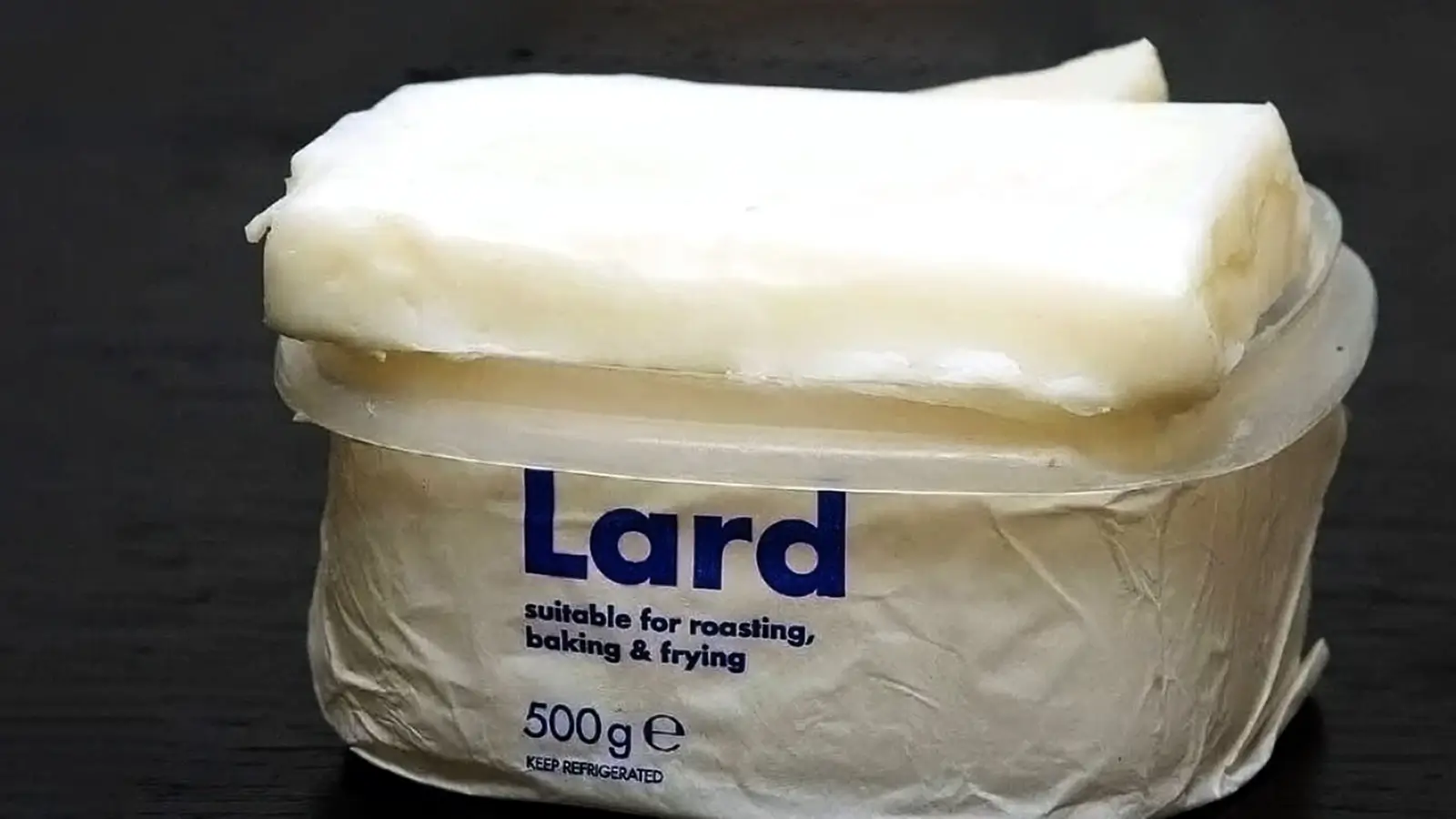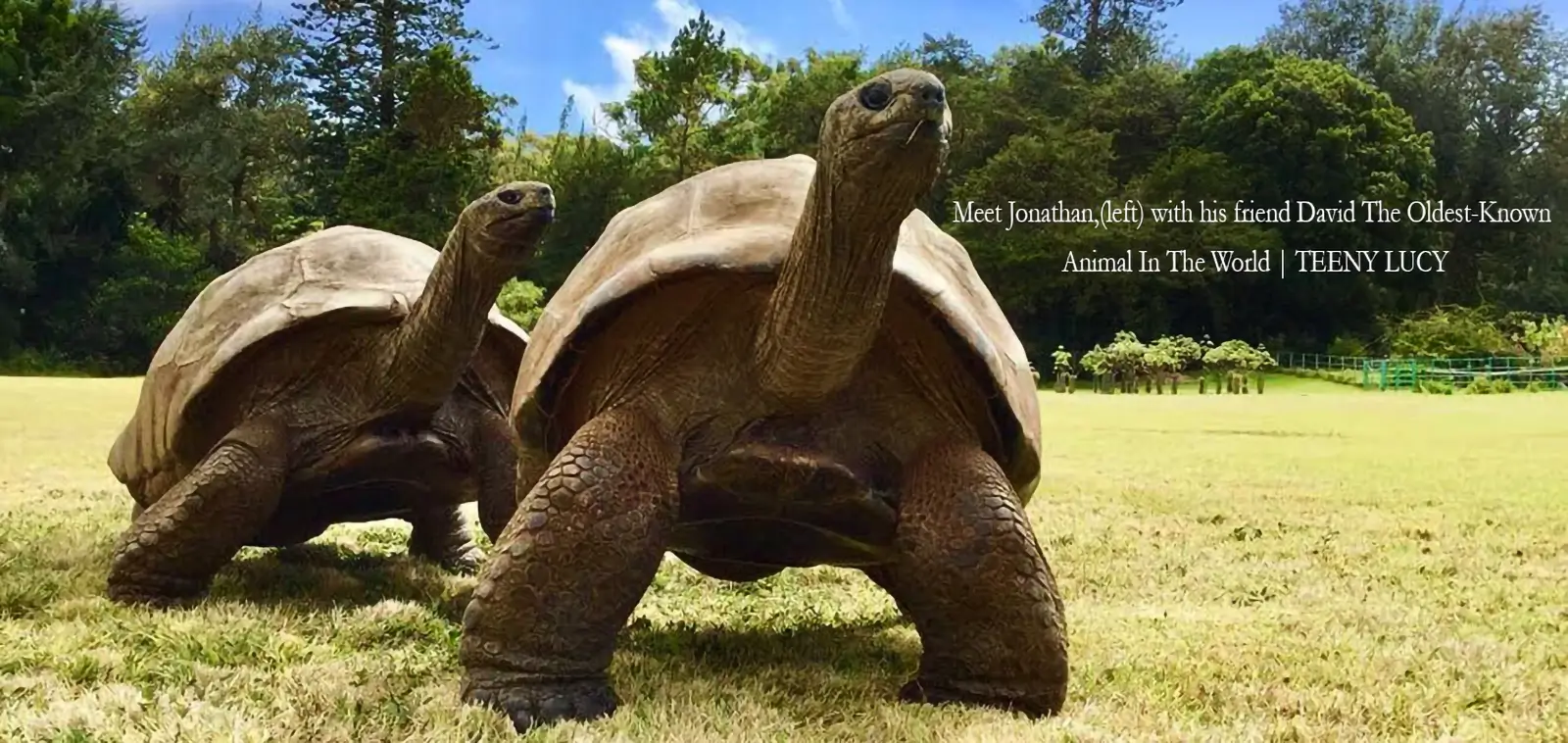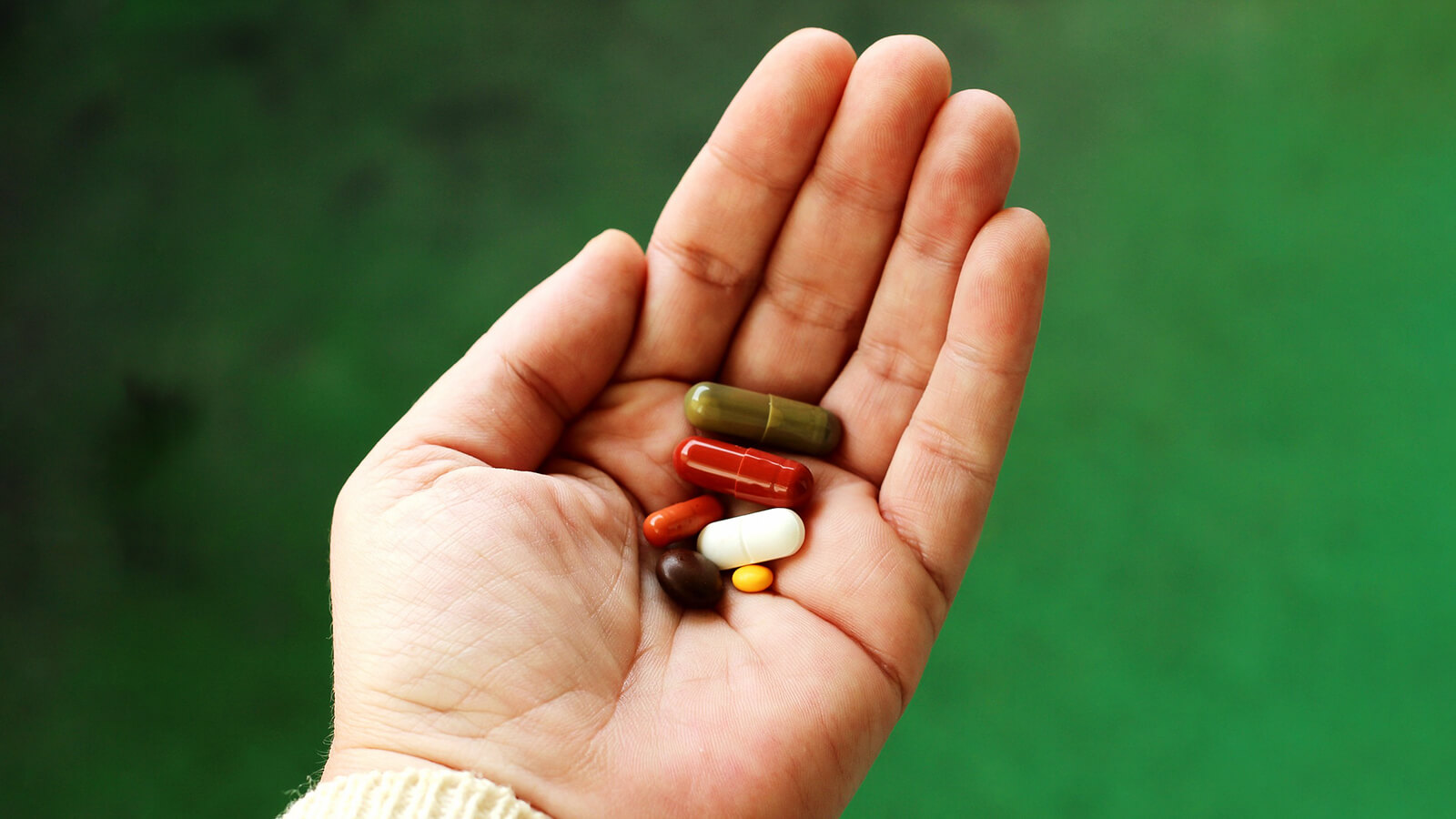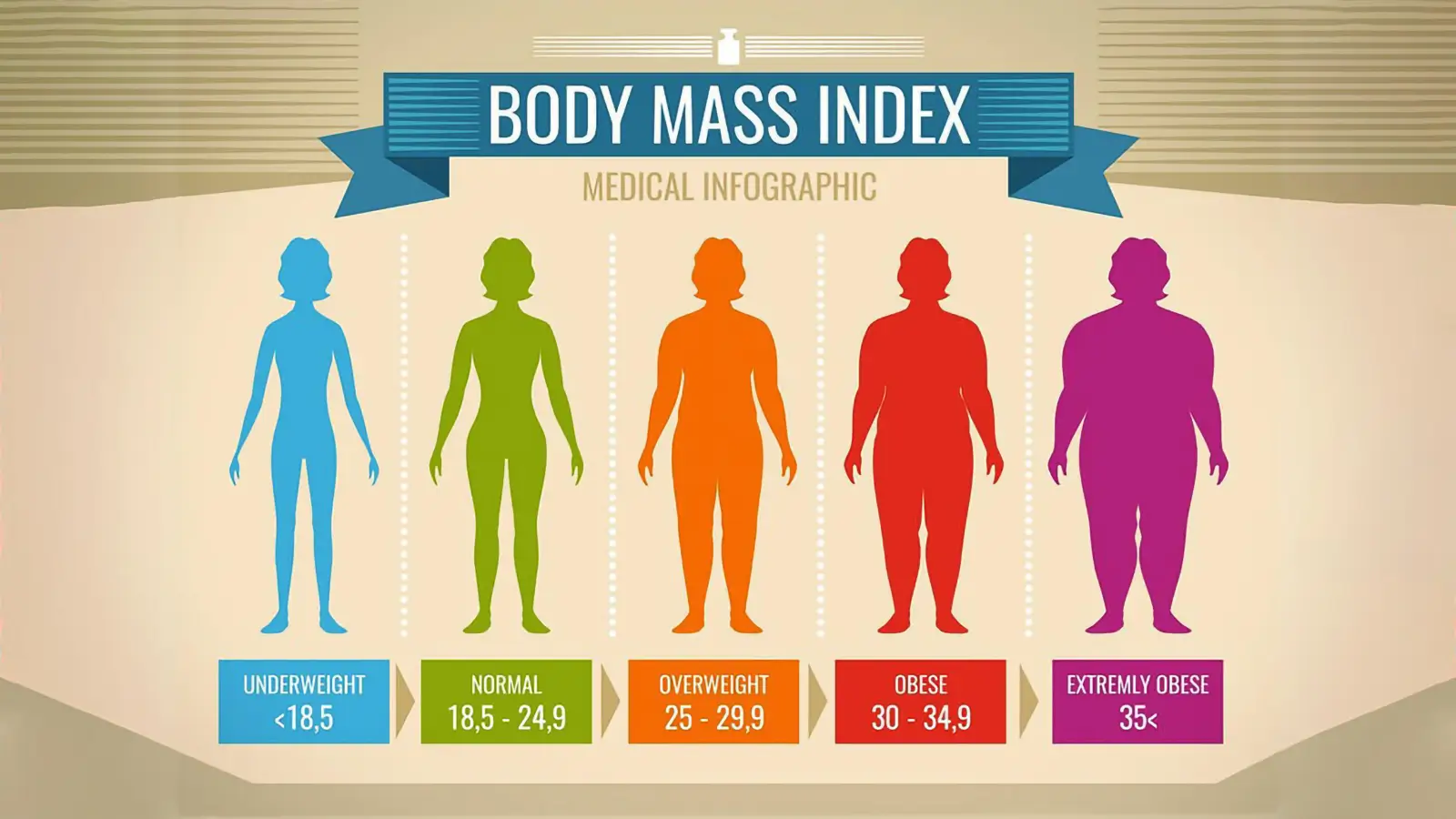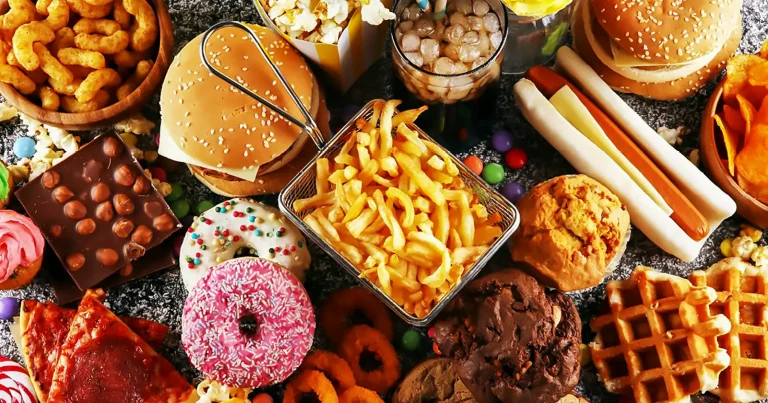WHO dietary guidelines- New food pyramid and suppression of science
WHO dietary guidelines recommend a diet low in saturated fat (animal protein), sugar, and salt and high in fruit and vegetables as a requirement to tackle the epidemic rise of chronic diseases worldwide.
Milos Pokimica
Written By: Milos Pokimica
Medically Reviewed by: Dr. Xiùying Wáng, M.D.
Updated September 13, 2023You can read all about nutrition science here on my blog now, but people don’t realize that just several decades ago it was heresy to even talk about the pandemic of obesity and how much exactly processed food is bad. And it is a global problem now.
A western diet with sugar, white flour, animal products, fat, and so on had replaced beans, seeds, nuts, and whole grains. Promoting healthy food like beans do not go along well with big business.
It is not just big tobacco anymore but Big Soda, Big Mac, and so on… All of these industries protect themselves by using the same tactics. Some of the tactics include lobbying, lawsuits, industry-funded research, and marketing.
In 2003 the World Health Organization released a draft report outlining the global strategy and new WHO dietary guidelines to address issues of diet advocating for things that the industry did not like, like cutting down on sugar and fat intake.
Within days’ the food industry enlisted the support of the officials high in the U.S. government and led a campaign against both the draft and the WHO itself culminating in Congress threatening to withdraw the U.S. founding of the WHO.
The same thing happened before when the U.S. defended the tobacco industry. However, the threat from the sugar industry was considered by WHO insiders as even worse than any other previous pressure they ever got. As reviled in an internal memo (Cannon, 2004) U.S. government had a list of demands like deletion of all references to the WHO/FHO expert consultation report, deletion of all references to sugar, fat, salt, and oils, deletion or modification of all references on the issue on marketing and advertising to children.
The political pressure failed to make the WHO withdraw the report but manage to force the “watering down“of many of the recommendations. The article named: “Diet, nutrition and the prevention of chronic disease” was formally launched and concluded that a diet low in saturated fat, sugar, and salt and high in fruit and vegetables was required to tackle the epidemic rise of chronic diseases worldwide.
“The broad parameters for a dialogue with the food industries are less saturated fat; more fruits and vegetables; effective food labeling; and incentives for the marketing and production of healthier products. In working with advertising, media, and entertainment partners, there is a need to stress the importance of clear and unambiguous messages to children and youths. Global ‘‘health and nutrition literacy’’ requires a vast increase in attention and resources.”
Now even the WHO, a globalist UN institution created by special interest is advocating adding more of the vegan diet to the average western lifestyle. However, gone was a reference to the comprehensive scientific report, and gone was its call for recommendations to be translated into the national diet guidelines, into the so-called food pyramid. From 2003 the same was repeated over and over again. The U.S. is blocking consensus on action on non-communicable diseases.
Repost by itself was noting new or in that manner didn’t advocate for noting that was not known for the last 50 years. It was in a similar line as the McGovern Report back in 1977 (The McGovern Report- Special Interest and The Suppression of Science). The only difference is that 30 years later there is still no difference and that science is always pushed down by private interest. This time report was published by WHO itself. When someone wants to argue with me and usually this is just people that want to justify for themselves their bad habits I ask them to read this and the McGovern Report because these are public documents and have some form of authority. They cannot be just “debunked”. Actually, when people do read them they understand that they have been manipulated but still in most cases it still doesn’t matter to them and that is ok. You have a right to smoke, drink, or use drugs but the problem arises when the agenda is pushed as truth. And then it becomes full-blown manipulation. Someone might be willing to change their dietary habits for health reasons or maybe have some chronic diseases and then the real problem is to find the whole truth.
And the truth is that cancer is a lifestyle disease and genes cause no more than a couple of percent of cases. Heart disease and stroke are lifestyle diseases same to diabetes type 2. I would argue that even type 1 is a lifestyle disease for reasons I would discuss in a separate article. Science is here and has been here for a long period of time. The reason for the existence of this website and my books is exactly because of this agenda. And they said it:
“Chronic diseases are largely preventable diseases. Although more basic research may be needed on some aspects of the mechanisms that link diet to health, the currently available scientific evidence provides a sufficiently strong and plausible basis to justify taking action now.”
The first thing in mind is that lifestyle changes contribute to overall health. The science is done on that. Tobacco use and alcohol consumption, recreational drugs, lacking physical activity are what people think when someone talks about lifestyle. That is all ok but when scientists that deal with nutrition talk about lifestyle and when I talk about lifestyle we actually mean diet. Diet is number one on all of the other lifestyle changes.
For example, when you eat a high-protein diet your IGF-1 rises and then you have an increased risk of developing cancer. Igf-1 is not a growth hormone, not an Insulin-like growth factor. What it does is when the brain detects that you have all essential amino acids in the bloodstream it releases IGF-1 and then that hormone binds to the cell receptor and what it does is basically tell the cell to divide. If the cell is not damaged it won’t do anything but cancel the cell will. To put this into perspective, the correlation between cancer of any type and chronically elevated IGF-1 caused by a high-quality animal protein-dominated diet is higher than the correlation between smoking and lung cancer. Now imagine all of the social movements and awareness of smoking and stigma that exist today and then multiply that stigma for animal protein. That would be normal or let’s say scientific approach and there are much more correlations between the western diet dominated by processed foods and animal protein than the correlation with “just” cancer.
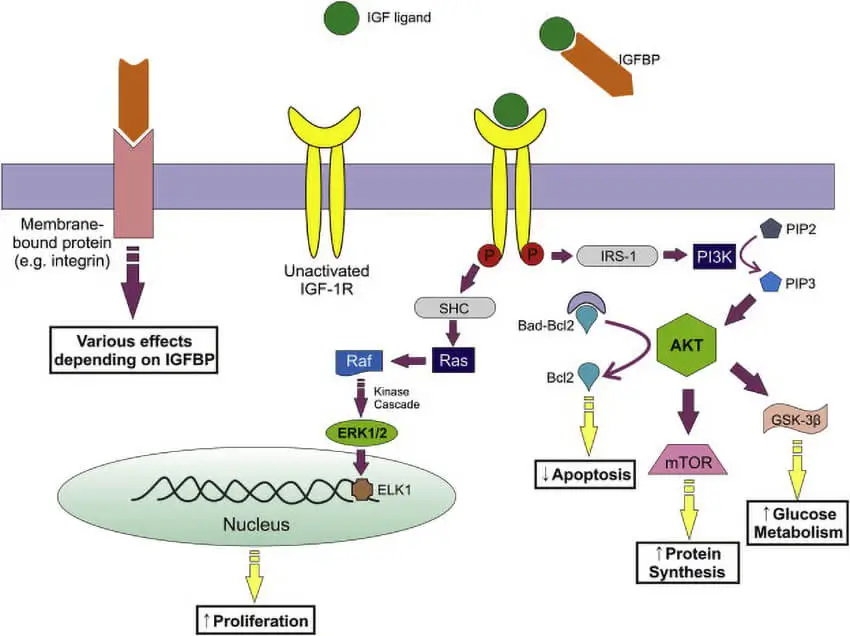
Now let us look at this report in more detail and keep in mind this is a “watered down“ report.
“In setting out ways to decrease the burden of chronic diseases such as obesity, type 2 diabetes, cardiovascular diseases (including hypertension and stroke), cancer, dental diseases and osteoporosis, this report proposes that nutrition should be placed at the forefront of public health policies and programmes.”
Do you understand this quote now? They are telling us that nutrition should be placed at the forefront of public health policies and not exercise or other lifestyle changes. That doesn’t mean they are not important it just means that nutrition is the most important factor.
“During the past decade, rapid expansion in a number of relevant scientific fields and, in particular, in the amount of population-based epidemiological evidence has helped to clarify the role of diet in preventing and controlling morbidity and premature mortality resulting from noncommunicable diseases (NCDs). Some of the specific dietary components that increase the probability of occurrence of these diseases in individuals, and interventions to modify their impact, have also been identified.”
Now, this is not completely true but it is politically correct. It is not that during the last decade, science has correlated and underhanded the role of diet in the creation of chronic diseases. Most of the science was known even before McGovern Report was released in 1977. Actually, most of the science correlated risk factors back in the ’50s and ’60s.
“Rapid changes in diets and lifestyles that have occurred with industrialization, urbanization, economic development and market globalization, have accelerated over the past decade. This is having a significant impact on the health and nutritional status of populations, particularly in developing countries and in countries in transition. While standards of living have improved, food availability has expanded and become more diversified, and access to services has increased, there have also been significant negative consequences in terms of inappropriate dietary patterns, decreased physical activities and increased tobacco use, and a corresponding increase in diet-related chronic diseases, especially among poor people.
Changes in the world food economy are reflected in shifting dietary patterns, for example, increased consumption of energy-dense diets high in fat, particularly saturated fat, and low in unrefined carbohydrates.
Because of these changes in dietary and lifestyle patterns, chronic NCDs — including obesity, diabetes mellitus, cardiovascular disease (CVD), hypertension and stroke, and some types of cancer— are becoming increasingly significant causes of disability and premature death in both developing and newly developed countries, placing additional burdens on already overtaxed national health budgets.”
If you read a correlated article about the China study (China study- The vegan argument) you will be already aware of this. What they are saying is this. Most of the human civilization in entire human history after the Neolithic revolution thrived on a solely vegan diet. And not just that, it was a vegan diet dominated by starch. It might be wheat in Europe or corn in Mesoamerica, or rice in Asia it doesn’t matter. There was no single society in the world that had enough meat or animal products to feed people or peasants except King and aristocracy.
Just a hundred years ago even western developed countries thrived on a vegan diet. The meat was eaten for Christmas and Thanksgiving. Only after the discovery of the synthetic fertilizers industry was able to produce excess food for animals. It takes seven calories of starch to produce one calorie of meat. If you don’t believe this just remember what one year of crop failure had done to Ireland. The entire nation was living on potatoes. When potatoes fail, an untold number of people died from starvation. The total death count was around one million people and more than a million fled the country, causing the country’s population to fall by 20–25%.

“The dietary changes that characterize the ‘‘nutrition transition’’ include both quantitative and qualitative changes in the diet. The adverse dietary changes include shifts in the structure of the diet towards a higher energy density diet with a greater role for fat and added sugars in foods, greater saturated fat intake (mostly from animal sources), reduced intakes of complex carbohydrates and dietary fibre, and reduced fruit and vegetable intakes. These dietary changes are compounded by lifestyle changes that reflect reduced physical activity at work and during leisure time.”
“There is a strong positive relationship between the level of income and the consumption of animal protein, with the consumption of meat, milk and eggs increasing at the expense of staple foods. Because of the recent steep decline in prices, developing countries are embarking on higher meat consumption at much lower levels of gross domestic product than the industrialized countries did some 20–30 years ago. Between 1964–1966 and 1997–1999, per capita meat consumption in developing countries rose by 150% and that of milk and dairy products by 60%. By 2030, per capita consumption of livestock products could rise by a further 44%. Poultry consumption is predicted to grow the fastest.”
What they are saying in this report is that when developing countries start to industrialize and the standard of living goes up people start to have more money to spend on food. They just use politically correct terminology of “nutrition transition”. But that is just a fancy way scientists used to say that when you got pulled out of poverty first thing you do is not to buy a house or car but to buy meat and processed food. Or in other words, they have money to eat meat and other processed junk instead of rice. And then the rise of diseases of affluence comes along. There was no heart attack, cancer, or diabetes in undeveloped vegan eating starch-dominated diets in rural populations of China. Now there is.
“It has been projected that, by 2020, chronic diseases will account for almost three-quarters of all deaths worldwide, and that 71% of deaths due to ischemic heart disease (IHD), 75% of deaths due to stroke, and 70% of deaths due to diabetes will occur in developing countries. The number of people in the developing world with diabetes will increase by more than 2.5-fold, from 84 million in 1995 to 228 million in2025. On a global basis, 60% of the burden of chronic diseases will occur in developing countries.”
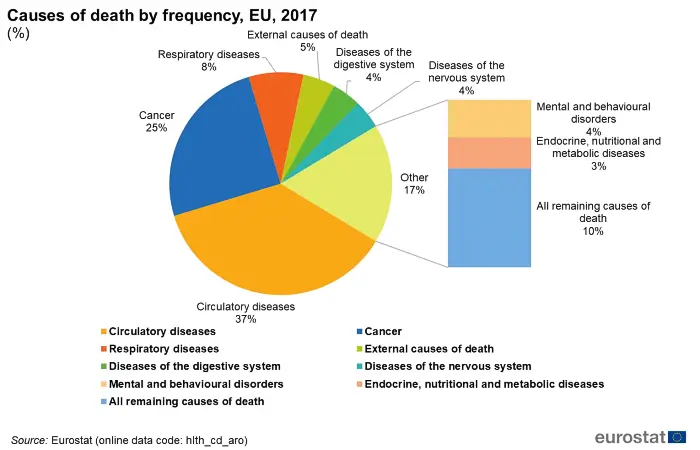
“Nutrition is coming to the fore as a major modifiable determinant of chronic disease, with scientific evidence increasingly supporting the view that alterations in diet have strong effects, both positive and negative, on health throughout life. Most importantly, dietary adjustments may not only influence present health, but may determine whether or not an individual will develop such diseases as cancer, cardiovascular disease and diabetes much later in life. However, these concepts have not led to a change in policies or in practice. In many developing countries, food policies remain focused only on undernutrition and are not addressing the prevention of chronic disease.
This report calls for a shift in the conceptual framework for developing strategies for action, placing nutrition— together with the other principal risk factors for chronic disease, namely, tobacco use and alcohol consumption— at the forefront of public health policies and programmes.”
And this is because of the industry. This is why such reports like these are never talked about in the media. They wanted to introduce a new and more plant-based food pyramid and they failed. Same as McGovern Report and the same as any other report. They did not recommend a vegan diet but just more plant-based whole food and they didn’t even want to mention animal protein as the main villain for example. They water it down to talk about saturated fat and animal protein. But where is saturated fat found? Predominantly in animal products. When we as nutritionists talk about saturated fat we know very well that you as a regular individual will have to lower animal protein consumption if you want to lower saturated fat consumption. Avoiding lard and butter is just the first step but on a population scale, lard and butter are used sporadically. On a population scale to really lower saturated fat intake, it would have to be an overall move to a more plant-based diet.
“Diet has been known for many years to play a key role as a risk factor for chronic diseases. What is apparent at the global level is that great changes have swept the entire world since the second half of the twentieth century, inducing major modifications in diet, first in industrial regions and more recently in developing countries. Traditional, largely plant-based diets have been swiftly replaced by high-fat, energy-dense diets with a substantial content of animal-based foods.”
So here we go. It is not me saying it but WHO. Next time someone talks to in like you are in a religious cult because you don’t eat meat and how we as species are omnivores and how science has proven that we need to eat meat and that your teeth are going to fall out if you don’t drink milk like my mother used to tell me, just download and send them this report.
“In North Karelia, age-adjusted mortality rates of coronary heart disease dropped dramatically between the early 1970s and 1995 (16). Analyses of the three main risk factors (smoking, high blood pressure, raised plasma cholesterol) indicate that diet — operating through lowering plasma cholesterol and blood pressure levels — accounted for the larger part of this substantial decline in cardiovascular disease. The contribution made by medication and treatment (antilipid and hypotensive drugs, surgery) was very small. Rather, the decline was largely achieved through community action and the pressure of consumer demand on the food market.”
So here we go. This is in Finland North Karelia, not North Korea. They have gone more vegan. Next time cholesterol confusions start to talk about how heart disease has nothing to do with cholesterol and that we need cholesterol to make every cell of our body, just send them this report. Heart disease is caused by cholesterol and where is cholesterol found? Only in animal products. We as species produce cholesterol in our livers it is not an essential nutrient for us. It is not a nutrient at all. For carnivores, it is because they eat it with every bite they do not produce their own. For us that have never eaten dietary cholesterol in the last 50 million years of our evolution eating it is not natural. Our bodies will try to eliminate exec cholesterol but because it is made out of lipids and fat and water doesn’t mix our bodies would not be able to flush it down with kidneys. The only way that our body can remove excess cholesterol is to dump it back into the intestines process in medicine known as Transintestinal cholesterol excretion (TICE) with underlying awareness that there would be fiber there to bind with it. Because most people on the population scale eat processed food and have very low fiber intake it would just be reabsorbed back. In the end, it would stick to the wall of the arteries.
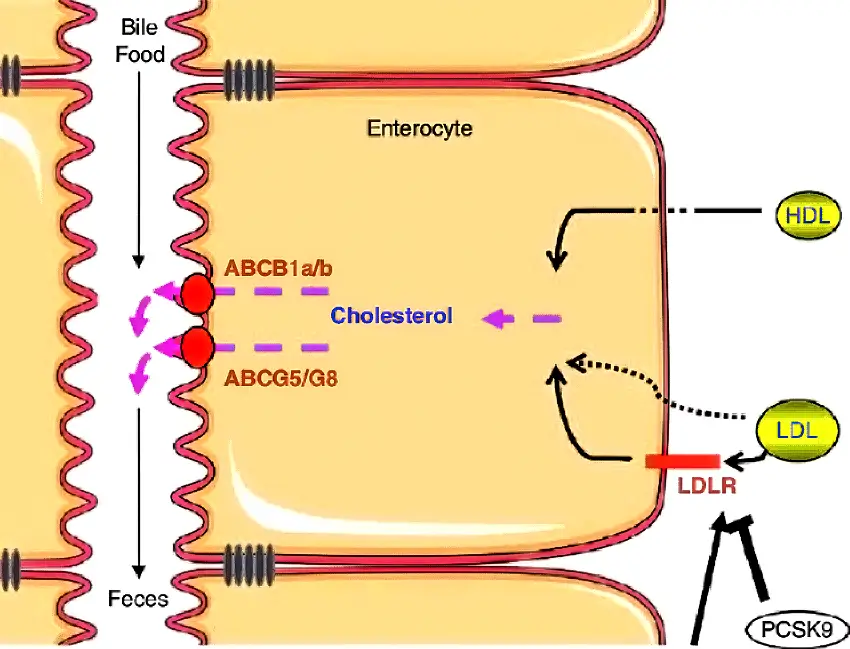
“The goals are intended to reverse or reduce the impact of unfavorable dietary changes that have occurred over the past century in the industrialized world and more recently in many developing countries. Present nutrient intake goals also need to take into account the effects of long-term environmental changes, i.e. those that have occurred over time-scales of hundreds of years. For example, the metabolic response to periodic famine and chronic food shortage may no longer represent a selective advantage but instead may increase susceptibility to chronic diseases. An abundant stable food supply is a recent phenomenon; it was not a factor until the advent of the industrial revolution (or the equivalent process in more recently industrialized countries).”
To understand this quote I will recommend you read an article about autophagy (Calorie restriction, Autophagy, Longevity, and Muscle loss). For every animal out there hunger is the normal state of existence. Borderline death from starvation would be more precise. As soon as there is more food to go around more animals would survive until a new line of borderline starvation is reached, only this time with an increased population. Our bodies have adapted to this so what happens when there is no more starvation? One of the effects is an increase in cancer rates due to lacking autophagy. The absence of autophagy is believed to be one of the main reasons for the accumulation of damaged cells, and this can lead to serious health complications. The fastest way to shut down autophagy is to eat high amounts of complete protein. What this will do is stimulate IGF-1 (Insulin-like growth factor 1) and mTOR (rapamycin), which are potent inhibitors of autophagy.
“There has been an increasing pressure on the livestock sector to meet the growing demand for high-value animal protein. The world’s livestock sector is growing at an unprecedented rate and the driving force behind this enormous surge is a combination of population growth, rising incomes and urbanization. Annual meat production is projected to increase from 218 million tonnes in 1997–1999 to 376 million tonnes by 2030.
There is a strong positive relationship between the level of income and the consumption of animal protein, with the consumption of meat, milk, and eggs increasing at the expense of staple foods. Because of the recent steep decline in prices, developing countries are embarking on higher meat consumption at much lower levels of the gross domestic product than the industrialized countries did some 20–30 years ago.”
This is very important for people to realize. The environmental effects are there but one more thing. We are all part of nature and even if we care about or don’t care about nature this is certain. Nature doesn’t care about us.
When we burn down forests to plant crops or just use land, in general, it takes 7 to 10 harvests to deplete the soil out of nutrition or in other words minerals. That is the reason why before the invention of artificial fertilizers population was lower than is today. Population expansion has nothing to do with the industrial revolution. It is all due to synthetic fertilizers. As the population grows, or in that manner doesn’t even need to grow, but just as the standard of living goes up people want more meat and to produce meat more land is needed to grow food for the animals.

We have the ability to produce food and it is a big debate, but with the use of synthetic fertilizers only.
We can have vertical farming or use regular land that is not used today but only with the use of synthetic fertilizers. There is no scientific way today to produce food for 7 billion people plus for all of the animals by organic farming. It cannot be done. And because we have to use chemical warfare and these chemical are known as persistent organic pollutants because they do not degrade in time and are thermally stable and even worse they are lipophilic. This means that these chemicals dissolve in the fats of animals and start the process known as biomagnification in the food chain.
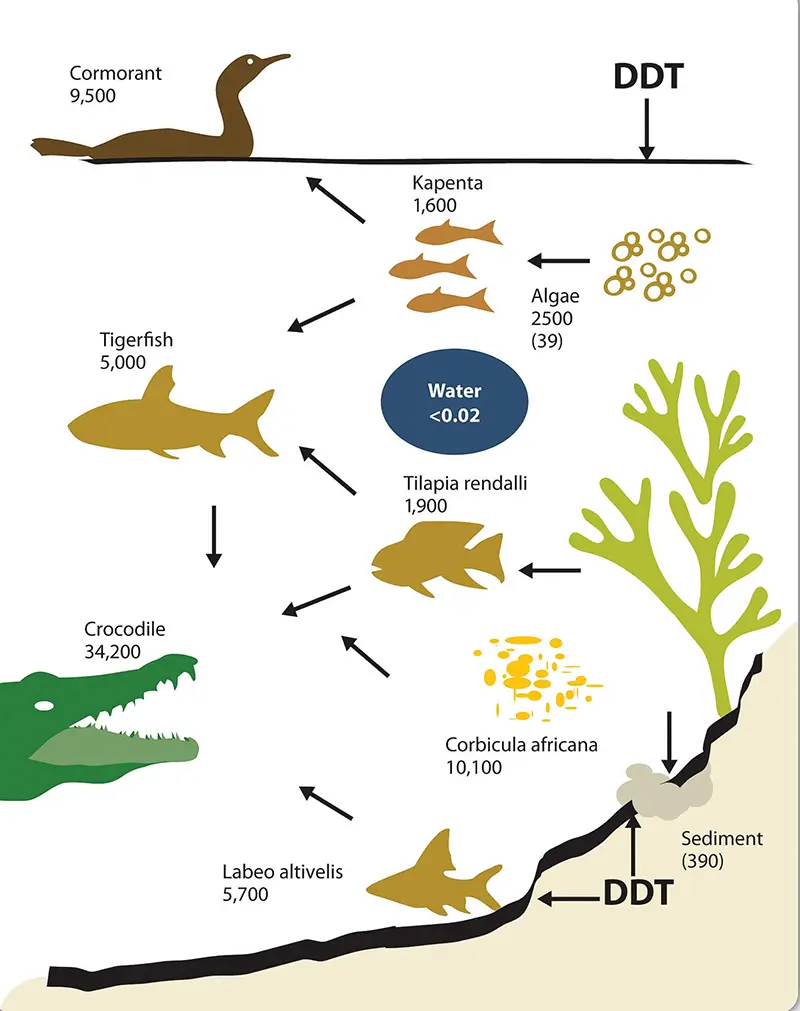
As we go up the food chain toxicity rises not a hundred but to thousands of percent. And these chemicals just circle around until the concentration is reached which will cause total toxicity and environmental breakdown. If you don’t believe this you can read Silent Spring published back in 1962. More about environmental toxicity in a related article (Environmental toxicity- It is just a food chain).
Just a fact that one-quarter of the population dies from cancer and that sperm count has fallen more than 70 percent since the ’60s and that today one in five couples are unable to have children demonstrates the severity of the problem. The situation is just going to get worse as more of the world gets industrialized. Another thing is that when we grow food synthetically plants heed no more than minerals to grow but how about animals? We need 100 of them.
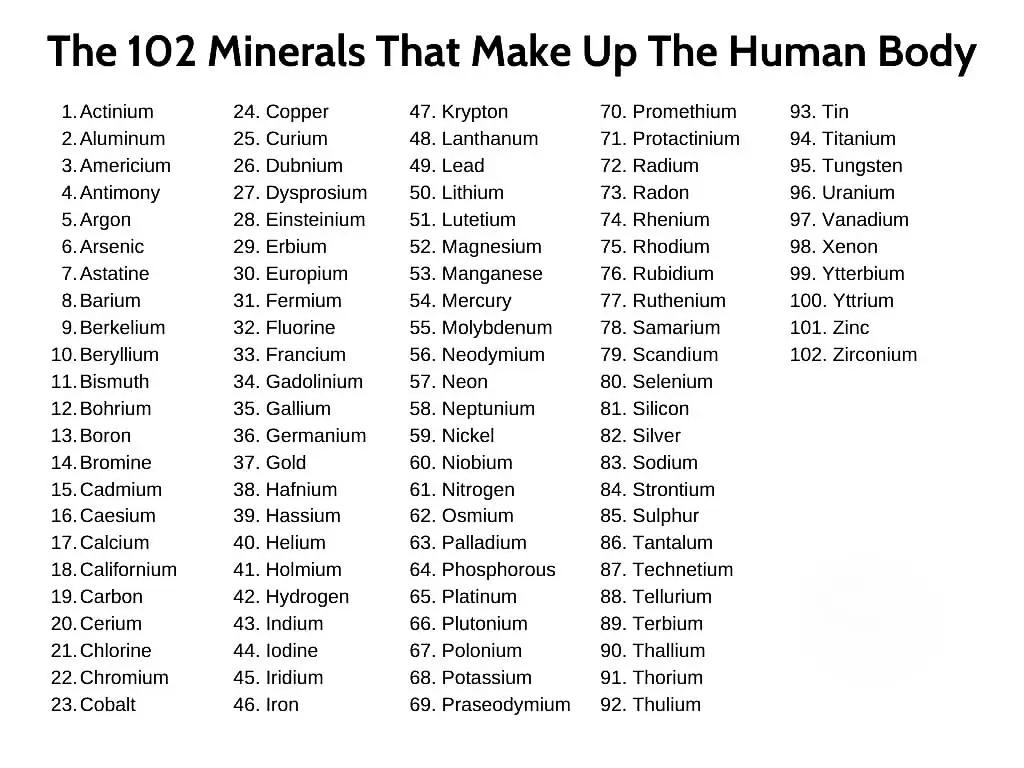
They need to be monoatomic in scale to be able to get integrated into our cells and mineral supplement are not effective because these minerals are too big and are made by chemical reactions. Only plants can make minerals that are bioavailable but commercial land is depleted completely. Nutrient deficiency is just going to get worse. On top of this people eat refined processed food that has zero minerals in it just because of processing.
Besides blatant nutrient deficiencies that cannot be avoided what are recommendations in terms of macro caloric needs from the report? We have to keep in mind that this report still doesn’t use full-scale available science and does not promote a plant-based whole-food diet as a base but only advocates for lowering saturated fat consumption. That was science before and sometimes after WW2. During WW2 there were places that had to move to a starch-based vegan diet due to poverty and war. They were researched in the 50s to determent why these places had low heart rates and cancer rates. For example, the island of Create was one of them that created a myth about the Mediterranean diet.
The Mediterranean diet has nothing to do with olive oil or wine but it was just poor people’s starch-based diet in Crete (Mediterranean diet- “Wonder” of olive oil). Actually, wealthy people on the island still had regular heart rate deaths even during the war because they had enough meat to eat. This correlation between saturated fat and heart disease was semi correlation that is convenient politicly because if you eat meat you eat saturated fat. The correlation between animal products and heart disease is more than double that correlation between just saturated fat and heart disease. But still, this politically correct view that doesn’t change nutrition guidelines still prevails. In repost concerning fat, they will recommend lowering consumption to no more than 10 percent of calories from saturated fat in general. Keep in mind that one gram of fat has 9 calories. It is the most energy-dense food. One tablespoon of oil has 130 calories and would already put you in 5 to 7 percent of the total calories consumed. Just one tablespoon.
“The recommendations for total fat are formulated to include countries where the usual fat intake is typically above 30% as well as those where the usual intake may be very low, for example less than 15%. Total fat energy of at least 20% is consistent with good health. Highly active groups with diets rich in vegetables, legumes, fruits and wholegrain cereals may, however, sustain a total fat intake of up to 35% without the risk of unhealthy weight gain.
In SAD (standard American diet) fat content represents around 600 calories just from added oils and if you eat fried foods it is much more. This doesn’t count calories from whole food items that have fat inside like nuts, seeds, eggs, or meat.
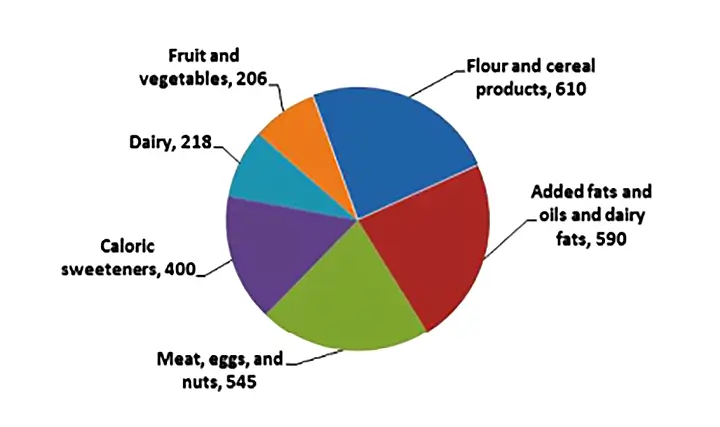
What about sugar recommendations?
“It is recognized that higher intakes of free sugars threaten the nutrient quality of diets by providing significant energy without specific nutrients.
The Consultation considered that restriction of free sugars was also likely to contribute to reducing the risk of unhealthy weight gain, noting that:
(1) Free sugars contribute to the overall energy density of diets. Free sugars promote a positive energy balance. Acute and short-term studies in human volunteers have demonstrated increased total energy intake when the energy density of the diet is increased, whether by free sugars or fat. Diets that are limited in free sugars have been shown to reduce total energy intake and induce weight loss.
(2) Drinks that are rich in free sugars increase overall energy intake by reducing appetite control. There is thus less of a compensatory reduction of food intake after the consumption of high-sugars drinks than when additional foods of equivalent energy content are provided. A recent randomized trial showed that when soft drinks rich in free sugars are consumed there is a higher energy intake and a progressive increase in body weight when compared with energy-free drinks that are artificially sweetened. Children with a high consumption of soft drinks rich in free sugars are more likely to be overweight and to gain excess weight.
The Consultation recognized that a population goal for free sugars of less than 10% of total energy is controversial.”
It is not controversial in terms of science but in terms of politics. What this recommendation would mean is that government and this means public schools that teach children about life would have to physically ban soda drinks from schools and chocolate and all other candy and would have to promote zero sugar policies. Also when government recommends something it has to implement it everywhere from the military to kindergarten. No more candy. No more sodas. No more fruit juices. No more cakes.
On the other side people would just ignore this type of recommendation so it is a debate inside nutritionist science should you advocate for something you know nobody would follow and get all wrath of the deep state on your back or should you set a more realistic goal that has a chance to be successful if you calculate that effects of this more realistic goal that is basically a lie but would have more population scale benefit in terms of public health. We have to keep in mind the rates of diabetes as well.
So should I as a nutritionist tell you the whole truth and you decide what you are going to do or not?
What about obesity and diabetes recommendations?
“The association between excessive weight gain, central adiposity and the development of type 2 diabetes is convincing. The association has been repeatedly demonstrated in longitudinal studies in different populations, with a striking gradient of risk apparent with increasing levels of BMI, adult weight gain, waist circumference or waist-to-hip ratio. In observational epidemiological studies, a high saturated fat intake has been associated with a higher risk of impaired glucose tolerance, and higher fasting glucose and insulin levels. Higher proportions of saturated fatty acids in serum lipid or muscle phospholipid have been associated with higher fasting insulin, lower insulin sensitivity and a higher risk of type 2 diabetes. Higher unsaturated fatty acids from vegetable sources and polyunsaturated fatty acids have been associated with a reduced risk of type 2 diabetes and lower fasting and 2-hour glucose concentrations. Furthermore, higher proportions of long-chain polyunsaturated fatty acids in skeletal muscle phospholipids have been associated with increased insulin sensitivity. In human intervention studies, replacement of saturated by unsaturated fatty acids leads to improved glucose tolerance and enhanced insulin sensitivity.”
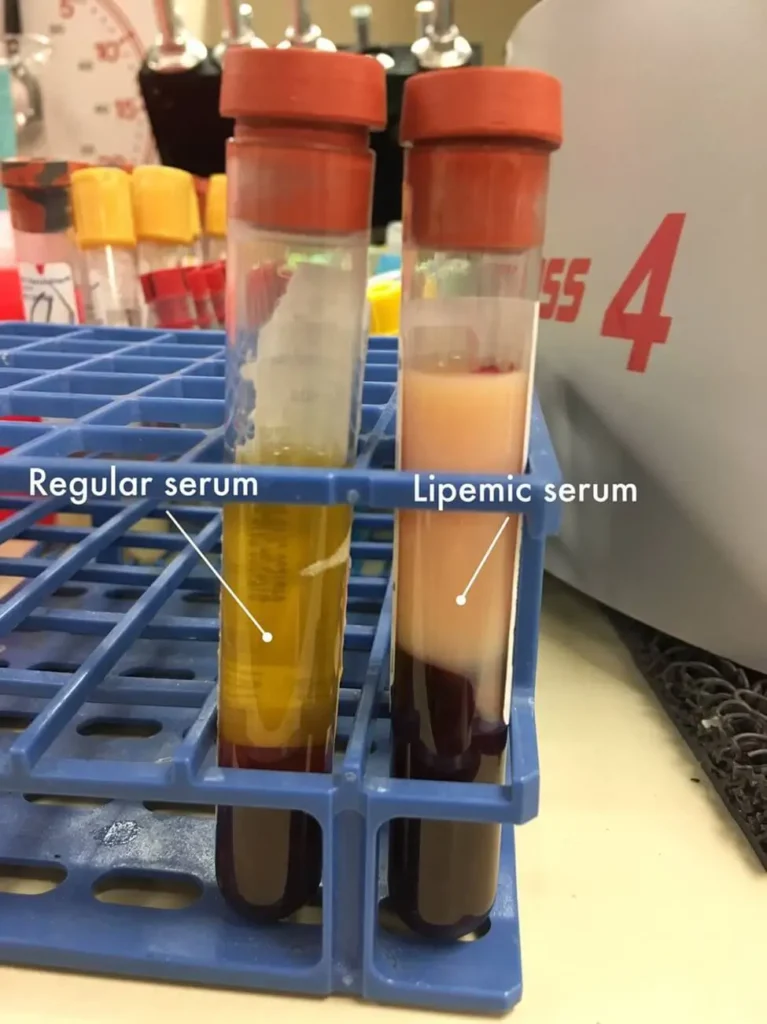
People don’t understand why is actually obesity correlated with diabetes. One of the main reasons is because of a process known as the spillover effect. When you eat meat that is rich in saturated fat, or in other words animal flesh, eggs, or dairy, you are going to have lipemic serum after the meal. All the fat from the meal is going to enter the bloodstream and until it is cleared your blood will have high levels of fatty acids floating around. The problem is that there is no saturated fat on that level in the plant kingdom. Saturated fat is found in the animal kingdom. There are coconut and some plant species that do have saturated fat in high amounts but predominantly it comes from animal tissues. Because we have not been exposed to a such high level of saturated fat during our 50 million years of evolution we are not adapted to cope well with it. It creates lipotoxicity. FFA or Free Fatty Acids or just fat in the bloodstream results in inflammation naturally. When fat is broken down there are toxic byproducts and oxidative stress which will block the insulin receptor pathway and lead to insulin resistance in the muscle. As the level of fat in the bloodstream rises the ability of the body to clear sugar drops. Fatty acid derivates interfere with the function of beta cells and ultimately lead to their death through lipoapoptosis. In obese people fat cells are bloated, meaning we have a constant number of them. They just absorb more fat and became larger as we gain weight. At one point fat cells cannot absorb any more fat and begin to spill over some of the fat back. In obese people due to the spillover effect serum is always lipemic creating chronic inflammation and chronic insulin resistance and in time lipotoxicity directly kills insulin-producing beta cells in the pancreas.
Saturated fat is exactly what causes diabetes along with animal protein.
High-fat and protein paleo, Atkins-type keto diets are not suited for pre-diabetics. None of the animal products are. More about the causes of diabetes here (Diabetes causes and saturated fat- The vegan argument).
“A high total fat intake has also been associated with higher fasting insulin concentrations and a lower insulin sensitivity index. Considered in aggregate these findings are deemed to indicate a probable causal link between saturated fatty acids and type 2 diabetes, and a possible causal association between total fat intake and type 2 diabetes. The two randomized controlled trials which showed a potential for lifestyle modification to reduce the risk of progression from impaired glucose tolerance to type 2 diabetes included advice to reduce total and saturated fat, but in both trials it is impossible to disentangle the effects of individual dietary manipulation.”
What about heart disease?
“Convincing associations for reduced risk of CVD include consumption of fruits (including berries) and vegetables, fish and fish oils (eicosapentaenoic acid (EPA) and docosahexaenoic acid (DHA)), foods high in linoleic acid and potassium, as well as physical activity and low to moderate alcohol intake. While vitamin E intake appears to have no relationship to risk of CVD, there is convincing evidence that myristic and palmitic acids, trans fatty acids, high sodium intake, overweight and high alcohol intake contribute to an increase in risk. A ‘‘probable’’ level of evidence demonstrates a decreased risk for a-linolenic acid, oleic acid, NSP, wholegrain cereals, nuts (unsalted), folate, plant sterols and stanols, and no relationship for stearic acid. There is a probable increase in risk from dietary cholesterol and unfiltered boiled coffee. Possible associations for reduced risk include intake of flavonoids and consumption of soy products, while possible associations for increased risk include fats rich in lauric acid, b-carotene supplements and impaired fetal nutrition.
Chronic inflammation destroys epithelium cells in blood vessels leading to the destruction of the complete cardiovascular system in the body, verrucous veins, and so on. Cholesterol creates thrombosis and narrowing of the arteries. Saturated fat (myristic and palmitic acids) increases inflammation and creates lipotoxicity. Antioxidants and other phytochemicals lower chronic inflammation. Barriers just have more antioxidants, you can see the entire ORAC table here.
This report is comprehensive it has 150 pages. If you have time I would suggest you download it and read it. I tried to briefly summarize it here. It is a water-down report with some of the missing scientific findings due to the underlining consensus that exists in the scientific community. But it is a step in the right direction as far as it is allowed to be. Real science would advocate a complete whole food plant-based organically grown nutritionally optimized diet with no more than five percent of animal products and zero, let me repeat it, zero calories from refined foods. It would be a policy that would mandate a ban on the selling of caffeinated drinks like Coca-Cola to children and would ban all processed foods from schools and any other state-controlled institution. It would completely change the food pyramid and dietary recommendations. It would force mandatory testing for all medical workers especially doctors for their nutrition knowledge and would enforce nutrition in medical schools. It would also be a full-blown assault on chemical cartels and not just that. It would be an assault on population control and I don’t mean population expansion but direct population control. In this report, scientists have gone as far as they are allowed to go, and you as a reader would have to read between the lines.
So what was the final recommendation from this report?
If you have prediabetes or diabetes, no more saturated fat or in other words animal flesh, dairy, eggs, reefing sugar, refined flour, sodas, or any type of refined food.
If you have diabetes your diet is a whole food plant-based diet.
If you have heart disease, your diet is a whole food plant-based diet.
If you are obese because of obesity coloration with diabetes and heart disease your diet is a whole food plant-based diet.
If you have cancer, your diet is a whole food plant-based diet and organically grown one to avoid toxicity.
And it is not just me saying it but WHO.
If you don’t have any chronic diseases what is the WHO recommendation?
“Some available evidence suggests that, within the time frame of a week, at least 20 and 44 probably as many as 30 biologically distinct types of foods, with the emphasis on plant foods, are required for healthy diets.
The implications of the recommendations would be to increase the consumption of fruits and vegetables, to increase the consumption of fish, and to alter the types of fats and oils, as well as the amount of sugars and starch consumed, especially in developed countries. The current move towards increasing animal protein in diets in countries in economic transition is unlikely to be reversed in those countries where there are increased consumer resources, but is unlikely to be conducive to adult health, at least in terms of preventing chronic diseases.”
And why are they advocating fish? It is the most polluted and most inflammation-causing meat of all meat in existence. The worst kind of all disease-causing food item you can eat. For example, one can of tuna has more mercury than 300 mercury-containing vaccines. The reason is again that nutritionists believe that on a population scale, people would not be able to consume an adequate amount of omega-3 fatty acids and the risk-to-award ratio will be beneficial to consuming fish even with all of the inflammation that comes along with it (Fish toxicity- The most toxic meat). My recommendation is to just eat flaxseeds and if you want DHA find an algae-based DHA supplement to avoid fish oil toxicity.
References:
Passages selected from a book: Pokimica, Milos. Go Vegan? Review of Science Part 3. Kindle ed., Amazon, 2020.
- Cannon G. (2004). Why the Bush administration and the global sugar industry are determined to demolish the 2004 WHO global strategy on diet, physical activity and health. Public health nutrition, 7(3), 369–380. https://doi.org/10.1079/PHN2004625
Related Posts
Do you have any questions about nutrition and health?
I would love to hear from you and answer them in my next post. I appreciate your input and opinion and I look forward to hearing from you soon. I also invite you to follow us on Facebook, Instagram, and Pinterest for more diet, nutrition, and health content. You can leave a comment there and connect with other health enthusiasts, share your tips and experiences, and get support and encouragement from our team and community.
I hope that this post was informative and enjoyable for you and that you are prepared to apply the insights you learned. If you found this post helpful, please share it with your friends and family who might also benefit from it. You never know who might need some guidance and support on their health journey.
– You Might Also Like –

Learn About Nutrition
Milos Pokimica is a doctor of natural medicine, clinical nutritionist, medical health and nutrition writer, and nutritional science advisor. Author of the book series Go Vegan? Review of Science, he also operates the natural health website GoVeganWay.com
Medical Disclaimer
GoVeganWay.com brings you reviews of the latest nutrition and health-related research. The information provided represents the personal opinion of the author and is not intended nor implied to be a substitute for professional medical advice, diagnosis, or treatment. The information provided is for informational purposes only and is not intended to serve as a substitute for the consultation, diagnosis, and/or medical treatment of a qualified physician or healthcare provider.NEVER DISREGARD PROFESSIONAL MEDICAL ADVICE OR DELAY SEEKING MEDICAL TREATMENT BECAUSE OF SOMETHING YOU HAVE READ ON OR ACCESSED THROUGH GoVeganWay.com
NEVER APPLY ANY LIFESTYLE CHANGES OR ANY CHANGES AT ALL AS A CONSEQUENCE OF SOMETHING YOU HAVE READ IN GoVeganWay.com BEFORE CONSULTING LICENCED MEDICAL PRACTITIONER.
In the event of a medical emergency, call a doctor or 911 immediately. GoVeganWay.com does not recommend or endorse any specific groups, organizations, tests, physicians, products, procedures, opinions, or other information that may be mentioned inside.
Editor Picks –
Milos Pokimica is a health and nutrition writer and nutritional science advisor. Author of the book series Go Vegan? Review of Science, he also operates the natural health website GoVeganWay.com
Latest Articles –
Top Health News — ScienceDaily
- The overlooked nutrition risk of Ozempic and Wegovyon February 4, 2026
Popular weight-loss drugs like Ozempic and Wegovy can dramatically curb appetite, but experts warn many users are flying blind when it comes to nutrition. New research suggests people taking these medications may not be getting enough guidance on protein, vitamins, and overall diet quality, increasing the risk of muscle loss and nutrient deficiencies.
- A 25-year study found an unexpected link between cheese and dementiaon February 4, 2026
A massive Swedish study tracking nearly 28,000 people for 25 years found an unexpected link between full-fat dairy and brain health. Among adults without a genetic risk for Alzheimer’s, eating more full-fat cheese was associated with a noticeably lower risk of developing the disease, while higher cream intake was tied to reduced dementia risk overall. The findings challenge decades of low-fat dietary advice but come with important caveats.
- MIT’s new brain tool could finally explain consciousnesson February 4, 2026
Scientists still don’t know how the brain turns physical activity into thoughts, feelings, and awareness—but a powerful new tool may help crack the mystery. Researchers at MIT are exploring transcranial focused ultrasound, a noninvasive technology that can precisely stimulate deep regions of the brain that were previously off-limits. In a new “roadmap” paper, they explain how this method could finally let scientists test cause-and-effect in consciousness research, not just observe […]
- Why heart disease risk in type 2 diabetes looks different for men and womenon February 4, 2026
Scientists are digging into why heart disease risk in type 2 diabetes differs between men and women—and sex hormones may be part of the story. In a large Johns Hopkins study, men with higher testosterone had lower heart disease risk, while rising estradiol levels were linked to higher risk. These hormone effects were not seen in women. The results point toward more personalized approaches to heart disease prevention in diabetes.
- Sound machines might be making your sleep worseon February 4, 2026
Sound machines may not be the sleep saviors many believe. Researchers found that pink noise significantly reduced REM sleep, while simple earplugs did a better job protecting deep, restorative sleep from traffic noise. When pink noise was combined with outside noise, sleep quality dropped even further. The results suggest that popular “sleep sounds” could be doing more harm than good—particularly for kids.
- This unexpected plant discovery could change how drugs are madeon February 3, 2026
Plants make chemical weapons to protect themselves, and many of these compounds have become vital to human medicine. Researchers found that one powerful plant chemical is produced using a gene that looks surprisingly bacterial. This suggests plants reuse microbial tools to invent new chemistry. The insight could help scientists discover new drugs and produce them more sustainably.
- A hidden cellular process may drive aging and diseaseon February 3, 2026
As we age, our cells don’t just wear down—they reorganize. Researchers found that cells actively remodel a key structure called the endoplasmic reticulum, reducing protein-producing regions while preserving fat-related ones. This process, driven by ER-phagy, is tied to lifespan and healthy aging. Because these changes happen early, they could help trigger later disease—or offer a chance to stop it.
PubMed, #vegan-diet –
- Diet type and the oral microbiomeon February 2, 2026
CONCLUSION: The diet-oral microbiome-systemic inflammation axis is bidirectional and clinically relevant. Understanding both direct ecological regulation and indirect metabolic effects is essential to support precision nutrition strategies aimed at maintaining oral microbial balance and systemic inflammatory risk mitigation.
- Consensus document on healthy lifestyleson January 22, 2026
Proteins are a group of macronutrients that are vital to our lives, as they perform various functions, including structural, defensive and catalytic. An intake of 1.0-1.2 g/kg/body weight per day would be sufficient to meet our needs. Carbohydrate requirements constitute 50 % of the total caloric value and should be obtained mainly in the form of complex carbohydrates. In addition, a daily intake of both soluble and insoluble fiber is necessary. Regular consumption of extra virgin olive oil […]
- Vitamin B12 and D status in long-term vegetarians: Impact of diet duration and subtypes in Beijing, Chinaon January 21, 2026
CONCLUSIONS: This study reveals a dual challenge among Beijing long-term vegetarians: vitamin B12 deficiency was strongly associated with the degree of exclusion of animal products from the diet (veganism), while vitamin D deficiency was highly prevalent and worsened with longer diet duration. The near-universal vitamin D deficiency observed in this study suggests that, in the Beijing context, the risk may extend beyond dietary choice, potentially reflecting regional environmental factors;…
- Nutritional evaluation of duty meals provided to riot police forces in Germanyon January 13, 2026
Background: The primary role of the German riot police is maintaining internal security. Due to challenging working conditions, riot police forces face an elevated risk of various diseases. During duty, forces are provided with meals. A balanced diet can reduce the risk of some of these diseases and contribute to health-promoting working conditions. Aim: First evaluation of the nutritional quality of duty meals in Germany based on German Nutrition Society recommendations (DGE). Methods: In…
- Iodineon January 1, 2006
Iodine is an essential trace nutrient for all infants that is a normal component of breastmilk. Infant requirements are estimated to be 15 mcg/kg daily in full-term infants and 30 mcg/kg daily in preterm infants.[1] Breastmilk iodine concentration correlates well with maternal urinary iodine concentration and may be a useful index of iodine sufficiency in infants under 2 years of age, but there is no clear agreement on a value that indicates iodine sufficiency, and may not correlate with […]
Random Posts –
Featured Posts –
Latest from PubMed, #plant-based diet –
- From paddy soil to dining table: biological biofortification of rice with zincby Lei Huang on February 4, 2026
One-third of paddy soils are globally deficient in zinc (Zn) and 40% of Zn loss in the procession from brown rice to polished rice, which results in the global issue of hidden hunger, e.g., the micronutrient deficiencies in the rice-based population of developing countries. In the recent decades, biofortification of cereal food crops with Zn has emerged as a promising solution. Herein, we comprehensively reviewed the entire process of Zn in paddy soil to human diet, including the regulatory…
- Molecular Characterization of Tobacco Necrosis Virus A Variants Identified in Sugarbeet Rootsby Alyssa Flobinus on February 3, 2026
Sugarbeet provides an important source of sucrose; a stable, environmentally safe, and low-cost staple in the human diet. Viral diseases arising in sugarbeet ultimately impact sugar content, which translates to financial losses for growers. To manage diseases and prevent such losses from occurring, it is essential to characterize viruses responsible for disease. Recently, our laboratory identified a tobacco necrosis virus A variant named Beta vulgaris alphanecrovirus 1 (BvANV-1) in sugarbeet…
- Nutrition in early life interacts with genetic risk to influence preadult behaviour in the Raine Studyby Lars Meinertz Byg on February 3, 2026
CONCLUSIONS: Nutrition in early life and psychiatric genetic risk may interact to determine lasting child behaviour. Contrary to our hypothesis, we find dietary benefits in individuals with lower ADHD PGS, necessitating replication. We also highlight the possibility of including genetics in early nutrition intervention trials for causal inference.
- Effect of the gut microbiota on insect reproduction: mechanisms and biotechnological prospectsby Dilawar Abbas on February 2, 2026
The insect gut microbiota functions as a multifunctional symbiotic system that plays a central role in host reproduction. Through the production of bioactive metabolites, gut microbes interact with host hormonal pathways, immune signaling, and molecular regulatory networks, thereby shaping reproductive physiology and fitness. This review summarizes recent advances in understanding how gut microbiota regulate insect reproduction. Accumulating evidence demonstrates that microbial metabolites…
- Rationale and design of a parallel randomised trial of a plant-based intensive lifestyle intervention for diabetes remission: The REmission of diabetes using a PlAnt-based weight loss InteRvention…by Brighid McKay on February 2, 2026
CONCLUSIONS: This trial will provide high-quality clinical evidence on the use of plant-based ILIs to address the epidemics of obesity and diabetes to inform public health policies and programs in Canada and beyond.
- Diet type and the oral microbiomeby Daniel Betancur on February 2, 2026
CONCLUSION: The diet-oral microbiome-systemic inflammation axis is bidirectional and clinically relevant. Understanding both direct ecological regulation and indirect metabolic effects is essential to support precision nutrition strategies aimed at maintaining oral microbial balance and systemic inflammatory risk mitigation.

